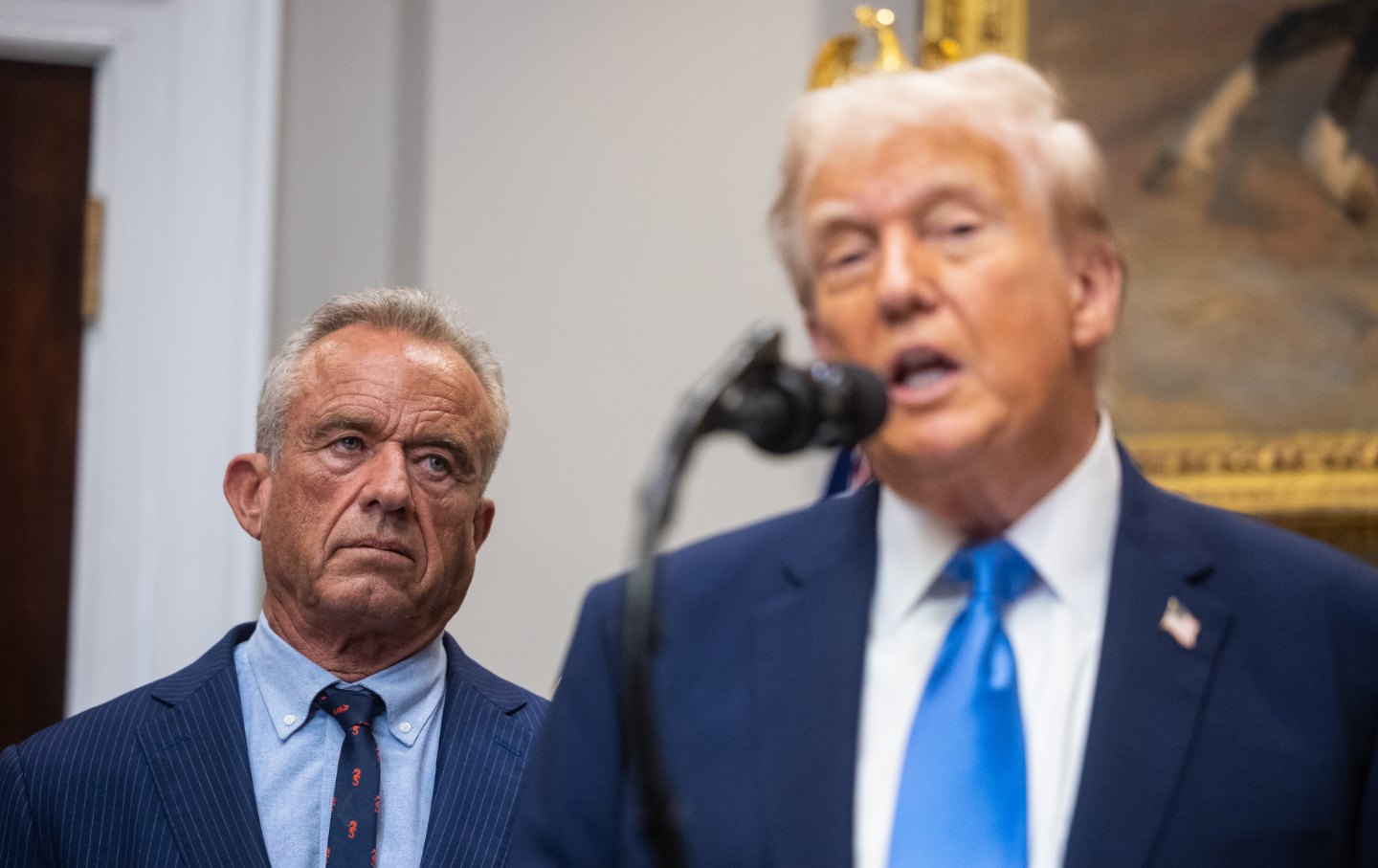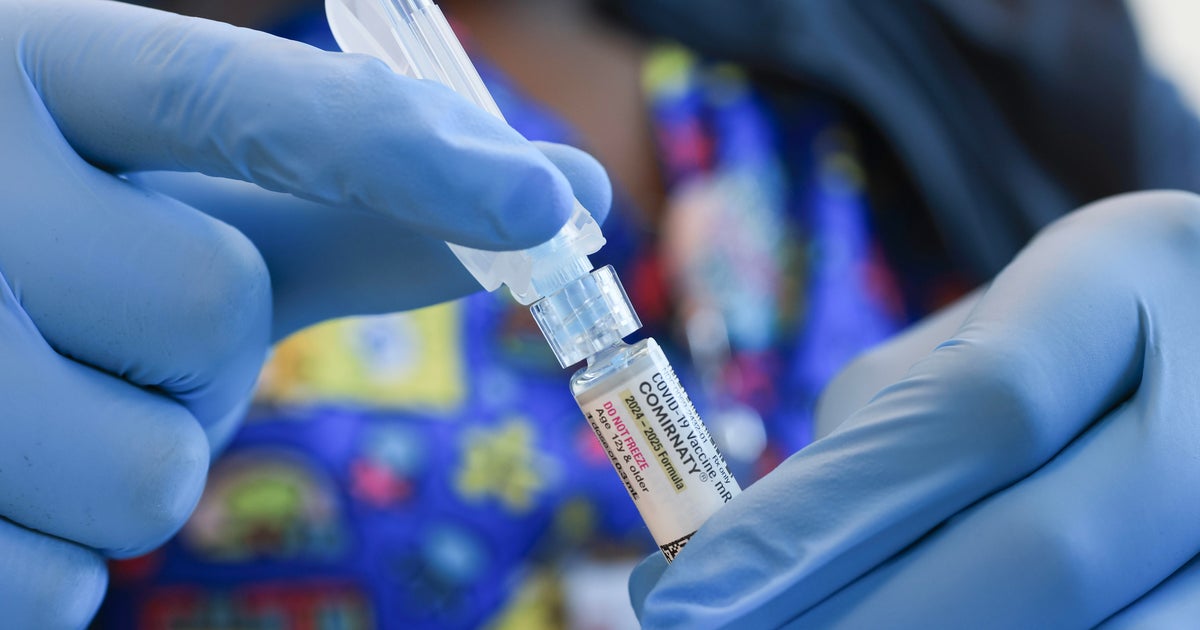
On a crisp Friday morning, a small group of approximately 20 anti-vaccine activists gathered outside the Atlanta headquarters of the Centers for Disease Control and Prevention (CDC) to express their support for Health and Human Services Secretary Robert F. Kennedy Jr. The rally, organized by Children’s Health Defense, the advocacy group led by Kennedy before his political career, coincided with a week of heightened scrutiny following a bizarre press conference where Kennedy and former President Trump controversially linked the over-the-counter painkiller Tylenol to what they termed an autism epidemic.
The location of the rally held poignant significance; it was staged directly across from the CVS pharmacy where a gunman opened fire just a month prior, tragically resulting in the death of police officer David Rose. This violent incident had been fueled by the shooter’s delusions about COVID-19 vaccines, which he blamed for his mental health struggles. The chilling backdrop underscored the dangerous currents of anti-vaccine sentiment that have permeated discussions in America.
Among the signs displayed by the rally attendees were straightforward slogans like “Make America Healthy Again” and “Thank You, RFK Jr.” However, some messages were more outlandish, with one woman holding a sign proclaiming, “I am Charlie Kirk,” a reference to the conservative activist recently assassinated in Utah, who has become a controversial figure in the discourse surrounding free speech on the right. Other signs referenced biblical verses and slogans such as “Anti-Science, Pro-Informed Consent,” revealing the mix of ideologies present at the gathering.
Attendees included individuals who claimed professions in therapeutic fields, such as Christy Kennedy, an occupational therapist from Decatur, Georgia, who attended the rally believing in a need for alternative support for children. She expressed concern about the sensitivity of discussing vaccines with families, highlighting that the topic has become deeply politicized.
Mike Arnold, another participant who works with autistic children yet chose not to disclose specifics about his job, has been a fixture outside the CDC for seven years. He carries signs that advocate for the debunked link between vaccines and autism, describing how his journey into conspiracy theories began with skepticism about the 9/11 attacks. His beliefs expanded to include various conspiracy theories, leading him to embrace a worldview that dismisses established facts in favor of unproven narratives.
Despite widespread scientific consensus about the safety of Tylenol during pregnancy, most attendees supported Trump’s warning against its use, indicating a troubling disconnect from medical guidance. Kendra Foltz Biegalski, chair of the DeKalb County Republican Party, expressed her admiration for Kennedy and his health initiatives, albeit with a vague understanding of the implications of the claims being made. She encouraged pregnant women to embrace healthier lifestyles, reflecting a broader theme of distrust toward pharmaceutical interventions among rally-goers.
Former congressional candidate Phoebe Eckhardt articulated her opposition to vaccinations, dismissing concerns about the resurgence of infectious diseases like measles and polio. She cited the Amish community as an example of vaccine avoidance, a common trope among anti-vaccine advocates, despite evidence that contradicts the notion of a vaccine-free existence devoid of autism.
As the rally unfolded, no counter-protesters arrived to contest the gathering, although some passing motorists expressed their dissent with boos and shouts. Across the street, a small memorial for Officer David Rose served as a somber reminder of the recent violence tied to anti-vaccine rhetoric. Additionally, homemade signs showed support for over 600 CDC employees who have been laid off or placed on administrative leave amid significant organizational changes under Kennedy’s leadership.
In a recent op-ed for the Wall Street Journal, Kennedy emphasized the necessity for the CDC to restore public trust, a sentiment that seems increasingly complex in the wake of such rallies, which blend personal belief with broader anti-establishment sentiment. The juxtaposition of the rally with the memorial highlights the ongoing struggle between public health guidance and the growing influence of anti-vaccine movements in American society, raising critical questions about the future of public health and safety in a climate of misinformation and distrust.


